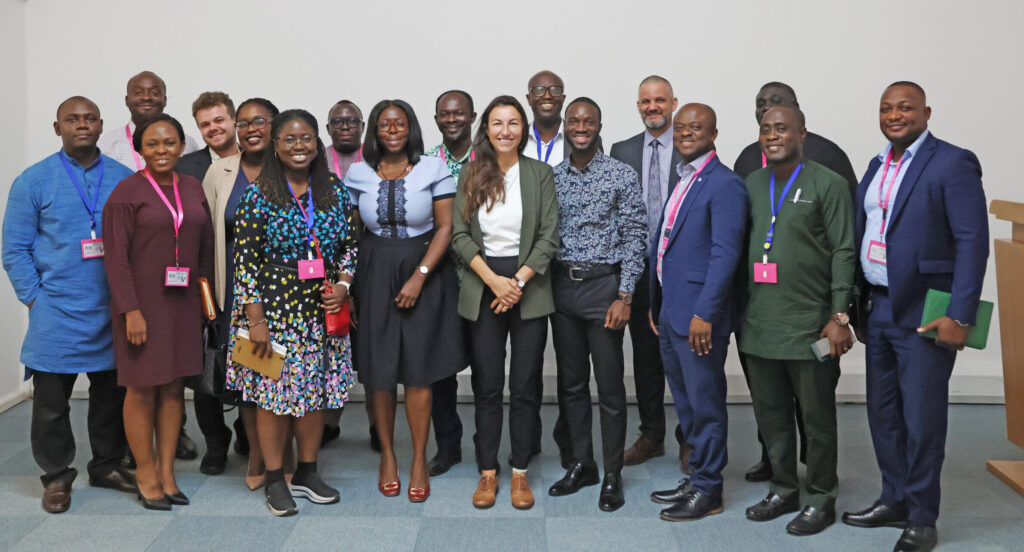The governments of Ghana and the UK have jointly established a climate finance committee (CFC) to enhance climate finance flows in Ghana. The CFC was established during the 9th UK–Ghana Business Council in January by the FCDO Minister of State, Andrew Mitchell, and Ghana’s Vice President, Mahamudu Bawumia, and represents all British climate finance support. The committee provides a platform to share experiences and learnings about climate finance flows in the country, including opportunities where UK development assistance and expertise may be valuable.

The CFC will enable the UK and Ghana to collaborate more closely on climate finance development, including on topics such as:
- access to, and engagement with, international climate finance architecture;
- private sector climate finance flows and the policies, initiatives, instruments and enabling environment to enhance these flows;
- the integration of climate change into public financial and public investment management, fiscal policy, economic strategy and financial policy;
- the growth of international carbon markets.
The CFC held its inaugural quarterly meeting in June 2024. The event brought together key stakeholders, including from across the Government of Ghana, (senior representatives from the Ministry of Finance; the Ministry of Environment, Science, Technology, and Innovation; the Environmental Protection Agency; the National Development Planning Commission; and the Development Bank of Ghana) as well as from the British High Commission (the British High Commissioner to Ghana and the Development Director).
GCIP will support the operation of the CFC. It will help inform the topics that could be a focus of discussion in each meeting, identify appropriate invitees and help monitor and track performance against actions agreed in CFC meetings. In turn, the CFC will provide an invaluable opportunity to obtain feedback on GCIP’s work on climate finance in Ghana and, in line with adaptive programming principles, allow GCIP to respond flexibly as needs and opportunities shift.
The Government of Ghana currently lacks the financial resources to fund development initiatives. IMF obligations related to the extended credit facility arrangement mean that only projects that commenced before the arrangement was in place can proceed. In the near term, new GCIP projects cannot be funded or co-funded by Government of Ghana, and must make recourse to concessional funding, blended finance, or – if there is a line of sight to a revenue stream – private sector involvement. Working together to open Ghana to climate finance avenues will unblock this macroeconomic challenge in the country.
Next steps
During the quarterly meeting, it was agreed that GCIP would engage more deeply with the Development Bank of Ghana and Ghana Infrastructure Investment Fund to identify specific activities that can be taken forward to develop private sector climate finance. GCIP will also involve key ministries in coordination activities to develop aligned climate visions and identify gaps.
-----
The UK’s Green Cities and Infrastructure Programme will accelerate the delivery of sustainable green cities and climate-resilient infrastructure – tackling climate change and extreme poverty.
